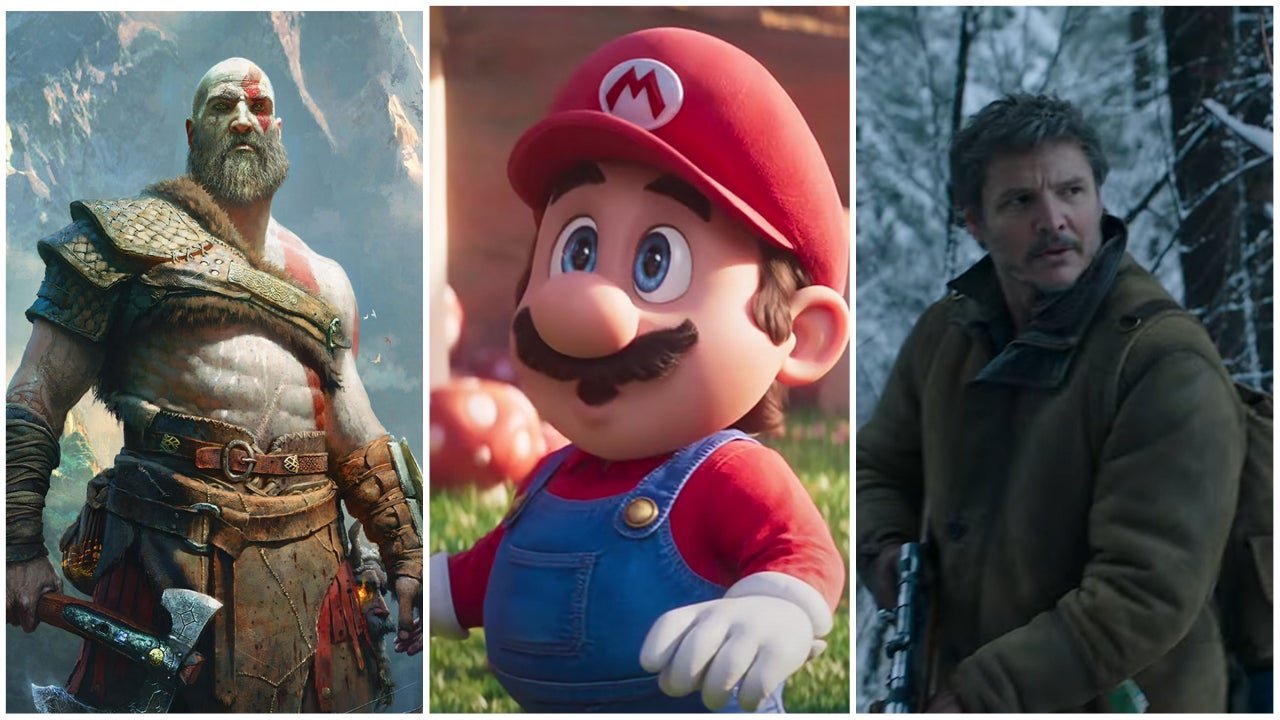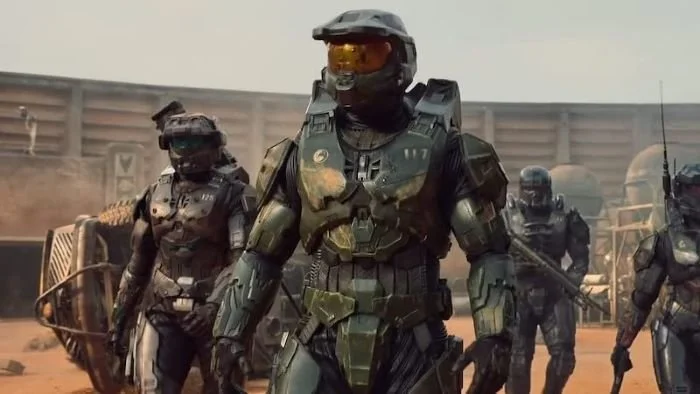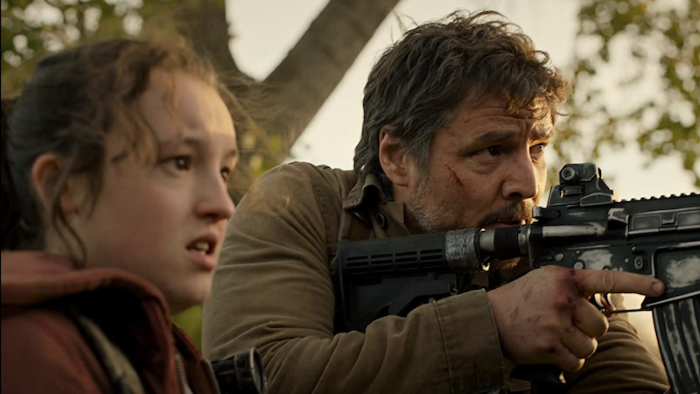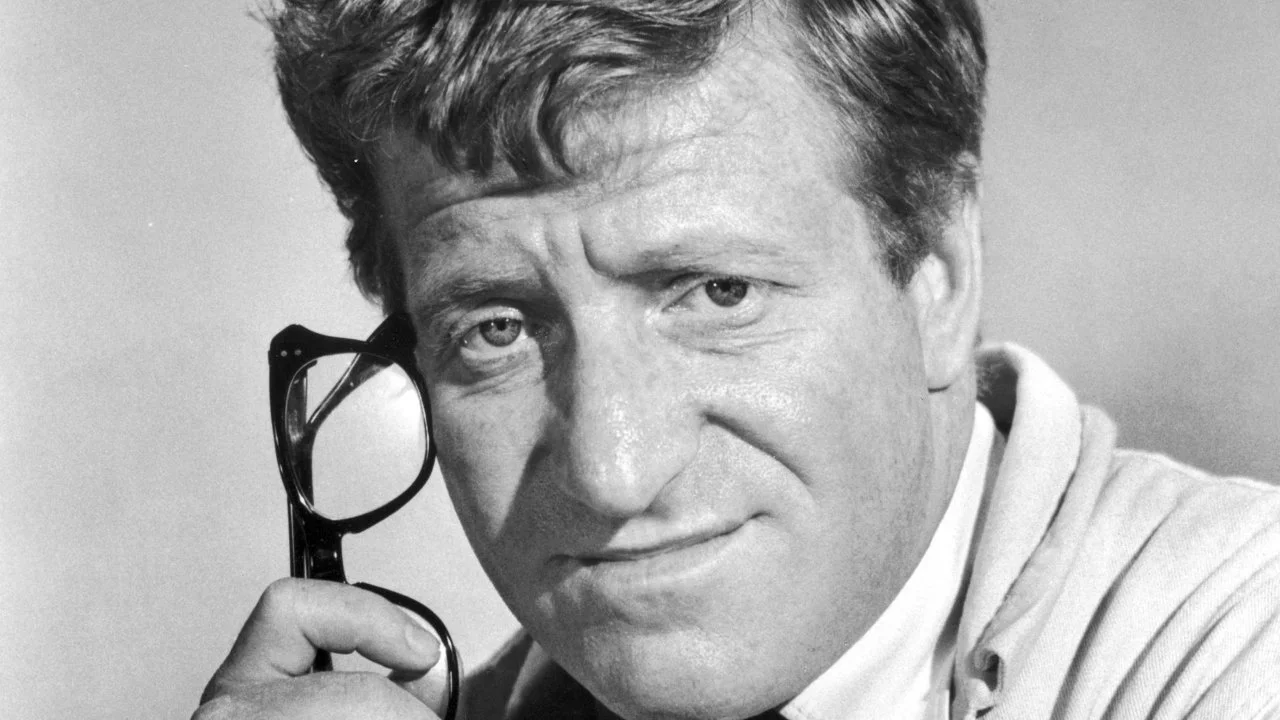‘The Last Of Us’ And The Faithfulness Debate
Image Source: IGN
What does it mean to be faithful to the source material?
It is a topic of discussion that comes up again and again online regarding game-to-movie adaptations and book-to-movie adaptations. The loudest voices tend to be those who demand that the adaptations be “faithful to the source material.” They get intensely passionate about this, but if pressed, they don’t really specify what they mean. To be fair, there is a long, tropey history for fans to want better adaptations, especially for games. Fans remember the trauma of Super Mario Bros., Mortal Kombat, Street Fighter, Warcraft, and Doom. The list goes on and on. With the new HBO show The Last of Us, the topic has come back up.
It is important to define what “faithful” means. Conversations, if the back-and-forth comments on Twitter or Facebook can be called such, tend to reveal that people that call for this have certain expectations. For example, Tolkien is often a focus of the faithfulness topic. People have cited the lack of long hair among the Elves of The Rings of Power or Dwarven women not having beards. Is that it? An extreme focus on details? If that is the case, they should pick better-sticking points, because aside from descriptions of singular characters, Tolkien does not make hair length monolithic for the races of Middle-earth nor does he come down definitely on the beard issue, among other points of conjecture.
Every Elf basically looks like this, according to Peter Jackson.
Image Source: One Wiki to Rule Them All
RELATED:
It is easy to counter the faithfulness advocates concerning The Lord of the Rings due to Tolkien’s extensive writings. Other franchises, like Sonic the Hedgehog, for example, do not exactly have that kind of source material. A lot of it comes down to psychology. When a new adaptation is expected, there is a multitude of things in the past that influence fans’ mindsets about what should be in that adaptation. Take the Elves’ long hair, for instance. Where does that expectation come from? Could it perhaps be due to the six big-budget movies directed by Peter Jackson, where every Elf was white, with long hair? It can’t be ruled out, especially when something is well-liked. People want more of a good thing, and when something new comes out under the same IP, and it subverts their expectations, they get upset. It would be important for them to remember some things. For one, fans aren’t owed things as individuals. Secondly, they are not entitled to anything. And finally, you can’t please everyone.
The medium should be considered as well. Games, like some books, are rather difficult to adapt to film because they are two entirely different media. This poses a problem because the psychology is the same. Take the Halo television series on Paramount+. The original game is a first-person shooter where the action is broken up by dialogue and story. That doesn’t translate to a television show or a movie that well. Those media rely on narrative and story, both visual and spoken, to tell a good tale. This is why the Halo show is not a carbon copy of the game. What about Sonic? Would a carbon copy of that look good as a movie? No, of course not. Yet the Sonic movie actually did rather well, as did the sequel. So far, the new animated The Super Mario Bros. Movie seems to be garnering some strong positive enthusiasm. They aren’t carbon copies of a game, but they do have the core components that fans can latch on to. This is what makes the Halo show a success. You have the core elements there, just a different story. I think that is a better definition of “faithful” than anything the vocal online voices put forth.
Master Chief and the Spartans from Halo on Paramount+.
Image Source: IMDb
From the way “faithfulness” people react to and talk about adapted shows and movies, they seem to just want carbon copies. What they do not realize is how poorly that usually translates. They forget there are differences in the media that change the approach. This brings us back to The Last of Us on HBO.
The Last of Us the game is not necessarily a unique game, but it is one of the more uncommon finds in games in that it is strongly story-driven. It’s one of the best-written game stories in existence, and plays out much like a movie or a show. I believe that has helped in its transition from the controller to the remote. Not every game has that luxury and understandably so. Every game can’t be a narrative, interactive novel like The Last of Us. Interestingly, in the case of the new show, that can actually play against it in an adaptation, and it gets back to the heart of the issue with faithfulness.
The creator of The Last of Us, Neil Druckmann, stated not long ago that the HBO show was the most faithful adaptation of a video game franchise yet. So far, that is a fair assessment. The show and the game at this point share an incredible amount of shot-for-shot parity. If that continues, and it looks like it will, I find myself asking this question: what’s the point? It’s a question I level at the faithfulness crowd. Do you really want a shot-for-shot, carbon copy of what you’ve already played? A friend of mine pointed this out—why wouldn’t I just go play the game? Can’t really argue with that. Is there a need for a big-budget live-action remake of this?
Comparison between The Last of Us television show and the game
Image Source: Twitter
Don’t get me wrong. The Last of Us series is being executed incredibly well. I think that’s also what’s saving the show from being boring, because, for many fans, they’ve already lived this. They had control of Joel and had lived these moments. The excellence of the live-action show, with fantastic tension building and cinematography, keeps you glued to the screen. However, I find myself ready to move on to something else at the end of it. It is not like The House of the Dragon, or Game of Thrones, or other dramatic shows where it has me talking about it for days to come. What’s there to talk about? I also imagine as a director it would be exciting to bring a game you like to life, but what new things are you really bringing to the industry? They are technically redoing something that has already been done, not taking any real risks.
Joel (Pedro Pascal) and Ellie (Bella Ramsey) from The Last of Us HBO series.
Image Source: IMDb
Considering all this, what then is the faithfulness issue? To what degree does something become too faithful? At which point does it beg the question of whether there was a need to do it? At the other extreme, just slapping a label on something that bares almost no resemblance to the IP it is adapted from is just coat-tail riding. It can feel like you’re damned if you do, and damned if you don’t.
But, there is a possible solution. There are models to follow for successful adaptations. Instead of worrying about hair length and parity to the source, use the core tenets of the IP, like Master Chief’s armor, or the rings in Sonic. Consider the medium, and ultimately judge the end product as independent from the original source material. Ask the pertinent questions that don’t have to do with such minutiae. Is the story good? Is there depth to the characters? Can you recognize it as the IP? What about the dialogue? With these questions and considerations, studios, directors, and writers can tell original stories as adaptations that aren’t carbon copies or simply the IP in name only. They can broaden the reach and scope of the franchises that fans have come to love, and end the vicious cycle of poor game adaptations.
It just takes a leap of faith.
READ NEXT:
Source(s): HBO Max

















